What is Halitosis?
Put simply, halitosis is the clinical term for bad breath. Halitosis can be temporary or chronic, and it can be caused by a number of different things. Sometimes, the cause is clear, and sometimes, it’s harder to determine why you might have bad breath. Many of the causes of bad breath are simple and harmless, but in some cases, halitosis could point to a more serious condition. If you have chronic, persistent halitosis, your dentist can help you determine the source of the problem and the best approach to treatment. Understanding the possible causes of halitosis can help you address the issue at home, and it can also help you understand when you should seek professional guidance with a visit to the dentist.
What Are the Usual Causes of Halitosis?
One of the more direct causes of halitosis is also one of the easiest to fix. Eating smelly foods often results in smelly breath, and the solution in these cases is to brush and floss the teeth. If you consume a lot of garlic, onions, coffee, or other strongly smelling things, you might notice a lingering odor, but consistent, correct brushing and flossing can eliminate the majority of the strong smells that these things can cause. Brushing and flossing can also help with bad breath that’s caused by a buildup of bacteria in the oral cavity. Our mouths are natural breeding grounds for bacteria, and the balance of bacteria in the oral biome helps with immunity and biological functions. Sometimes, though, the bacteria that cause bad breath can proliferate, feeding on food debris that clings to the teeth and oral tissues after we eat or drink. Thoroughly cleaning the teeth by brushing and flossing can help reduce the odor-causing bacteria and freshen the breath.
Another common, external cause of bad breath is smoking or otherwise using tobacco. Tobacco use makes it more difficult to taste food, irritates the oral tissues, and dries out the mouth, which contributes to bad breath. Because smoking makes it more difficult to smell, however, people who smoke may not realize that their breath smells bad. Using tobacco is also a major contributor to gum disease, which is one of the major internal causes of bad breath. If you want to do your oral health and your overall health a favor while reducing your own halitosis, stop using tobacco. Your doctor or dentist can help you devise the best smoking cessation program for your needs.
While smoking and tobacco use can cause dry mouth, this condition has other causes, too. When a person has dry mouth, they don’t produce enough saliva to properly lubricate and rinse the mouth. This can happen because of certain medications, because of issues with the salivary glands, or because you habitually breathe through your mouth. Depending on the cause, the approach to treatment might involve medical treatments, or it may simply depend on you staying hydrated and consistent with your oral hygiene routine. Because dry mouth is a major contributing factor to gum disease, it’s important to address this issue before it wreaks havoc on your gums and teeth.
When bad breath persists, this could be an indicator of advanced gum disease, and periodontal intervention is necessary to stop the progression of the disease and restore the oral cavity to health. Some medical conditions can also cause bad breath. These conditions could include infections in the mouth, or they could point to deeper medical conditions, like sinus conditions, kidney disease, diabetes, or gastric reflux. You and your dentist can work together to rule out possible causes, and you can work with your healthcare provider to determine and treat your halitosis, no matter what is causing it.

